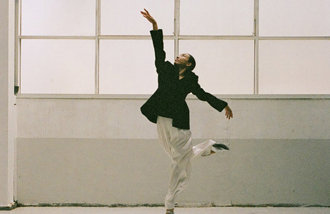[Opinion] Learning Things Dutch
Biru (beer), garasu (glass), gomu, gabang, pinseto (pincetto): these Japanese words sounding somewhat familiar to Koreans are borrowed from the Netherlands. When Admiral Perry found the Closed Country of Japan with his fleet of Black Ships in 1853, he and his men were taken aback by a small-bodied Japanese official saying, I speak Dutch.As such, the Netherlands was the window of modern Japan. Japanese have called the country also dubbed Holland, Hwaran in Chinese characters.
Japan, just like the Joseon Dynasty, chose to stay closed to the outside world for a long time except for a single outlet: a small man-made islet called Dejima in Nagasaki. Dokugawa Makbu allowed the Dutch to reside on the islet as many as 200 years for mutual trade before succumbing to Admiral Perrys demand. Except for Christianity, much of Western civilization made inroads into Japan via this route, including world geography, medical books, cannons, and telescopes. Those were the golden years of learning things that were Dutch.
Yukechi Fukujawa (1835~1901), known as the Benjamin Franklin of Japan as a pioneer of modernization in Japans Meiji period, was a follower in learning things Dutch. However, being aware that most Western merchants used English instead of Dutch, he shifted attention to learning things English. So he ended up founding Keio University, insisting on the so-called Departure from Asia to Europe, meaning, Japan must be a member of major powers of America and Europe, departing from Asia. The theory was an ideological starting point of the Pacific War.
In Washington, tensions are building as lawmakers await the public testimony of Jan Ruff-O`Herne (84), a former Dutch comfort woman victimized by the Japanese army, scheduled on February 15. A comfort woman usually brings to mind Asian women victims, but it is said that as many as 100 Dutch women who lived on Java, a Dutch colony during the Pacific War, were conscripted to become comfort women. It remains to be seen how the Japanese will react to her testimony as Japan even waged its war insisting on a, departure from Asia to Europe, having opened itself to the outside world by learning things Dutch.
Kim Chang-hyeok, chang@donga.com







